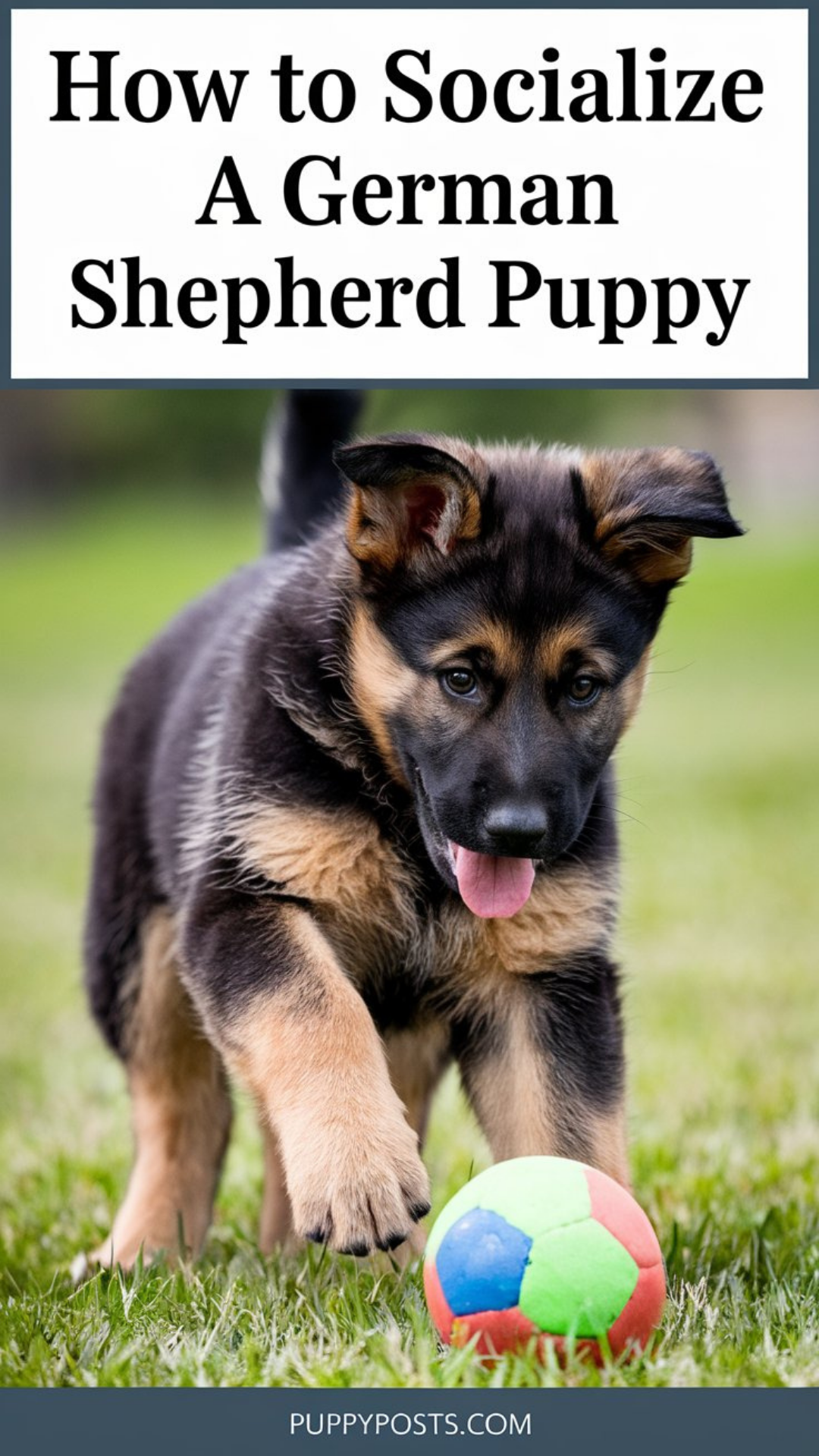How to socialize a German Shepherd puppy
Listen, German Shepherds are smart, loyal, and protective—but without proper socialization, that protective streak can turn into overguarding or aggression. I’m a veterinarian with over ten years of experience running a sanctuary for stray dogs and cats, and I’ve seen firsthand how socialization makes or breaks a German Shepherd’s temperament. If you want a well-rounded, confident dog, you gotta start socializing your puppy early and right. Here’s how to socialize a German Shepherd puppy effectively.

Start Socialization Early and Gradually
Begin socialization between 3 and 14 weeks old—the critical period for puppies. But don’t just throw your puppy into every situation at once. Introduce new experiences, people, and dogs gradually to avoid overwhelming your pup.
Expose Your Puppy to a Variety of People
Your German Shepherd needs to meet different types of people—kids, adults, men, women, people with hats or glasses. This helps your pup get comfortable with the world and prevents fear-based reactions later on.
Introduce Your Puppy to Other Dogs and Animals
Arrange controlled playdates with well-mannered, vaccinated dogs. Puppy classes are great for this. Supervise all interactions closely to make sure your puppy learns proper doggy manners and doesn’t get bullied or become aggressive.
Expose Your Puppy to Different Environments and Sounds
Take your German Shepherd puppy to various places—parks, busy streets, pet stores. Let them hear and see different sounds like traffic, sirens, and household noises. Gradual exposure builds confidence and reduces anxiety.
Use Positive Reinforcement to Encourage Calm Behavior
Reward your puppy with treats, praise, and affection when they behave calmly during new experiences. Positive reinforcement builds trust and teaches your puppy that new situations are good, not scary.
Set Clear Boundaries and Teach Basic Commands
Teach commands like “sit,” “stay,” and “leave it” early on. Clear boundaries help your German Shepherd navigate social situations and control impulses.
Be Patient and Consistent
Socialization takes time and patience. Don’t rush or force your puppy into uncomfortable situations. Stay consistent with training and your calm, confident leadership will help your pup thrive.
Socializing your German Shepherd puppy sets the foundation for a confident, friendly, and well-behaved adult dog. Start early, expose your pup to diverse experiences, and lead with patience and positivity.






